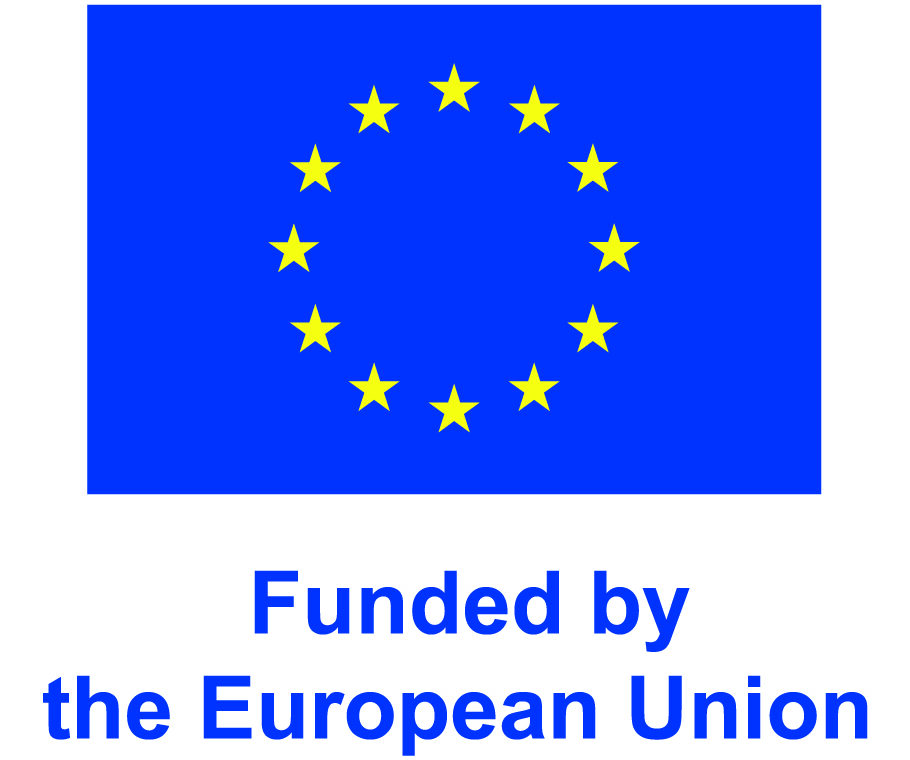First CORE Organic translational call to increase collaboration & funding
With ambitious targets set for organic in the EU Farm to Fork (F2F) Strategy’s targets, it is crucial to build strong networks. Creating an environment in which research and innovation contribute to organic’s development, increasing and improving the coordination of translational funding is key. So, in the frame of the Horizon Europe project OrganicTargets4EU the CORE Organic Pleiades meeting took place 17-18 October in Brussels.
The project will expand the well-established Coordination of European Transnational Research in Organic Food and Farming Systems (CORE Organic) network, inviting European public and private funding bodies from all Member States to join CORE Organic Pleiades’ network.
With around 30 participants, the first annual meeting of CORE Organic Pleiades provided an opportunity for old and new network partners to meet and discuss the objectives of the networks. Together, they made the first steps to develop a 2030 roadmap and towards the EU’s organic targets. This was a preparation for the first translational call of the CORE Organic Pleiades network – which will be launched after the end of the project.
Project Manager and organiser Ivana Trkulja, from International Centre for Research in Organic Food Systems (ICROFS), presented the transnational network, its history and the successor to CORE Organic Pleiades. They did all this linking to the new Agroecology Partnership of which its Strategic Research & Innovation Agenda strongly references organic.
Nic Lampkin from the Thünen Institute presented his work within OrganicTarget4EU and first results on of his Organic Action Plans (OAPs) assessment. He explained that the OAPs have the potential to unite different policies but need to integrate both supply-push and demand-pull measures – stressing that organic delivers both public goods and market potential.
Nic also stated the need for CAP funding and institutional changes to support conversion to and maintenance of organic farming, just like research, innovation, data, and the integration of external costs (True Cost Accounting). The full assessment report of agricultural and aquaculture policy responses to the organic targets in the F2F targets will be published soon on the project website.
Henri Delanghe and Susana Gaona Saez from the Directorate-General for Agriculture and Rural Development (DG AGRI) joined the annual meeting online for the panel debate. According to Susana Goana Saez, the Agroecology Partnership will be an important tool to achieve the EU Farm to Fork targets. Nic Lampkin recalled the organic principles, including system redesign, and stressed that they should remain at the heart of what comes next.
Throughout the day, participants engaged in workshops on national organic action plans (OAPs), mapping and clustering research priorities to identify overlaps, research gaps and temporalities. Among the common themes in the national OAPs were: knowledge transfer/exchange and capacity building, along with cross-cutting thematic research areas and the importance of partnership (among research institutions and private-public partnerships).
The workshop’s results will feed into the CORE Organic Roadmap 2030, which will guide the future activities of the CORE Organic Pleiades network.
Ivana Trkulja closed the meeting, announcing that the network will celebrate its 20th anniversary in 2024. It will hold its next annual meeting at TP Organics’ annual Organic Innovation Days on 22-23 October 2024 at the “Organic House” in Brussels (IFOAM Organics Europe, Rue Marie-Thérèse 11). Save the date!
Presentations and pictures of the workshop outcomes are available on CORE Organic Pleiades’ website.
CORE Organic

CORE Organic is the acronym for “Coordination of European Transnational Research in Organic Food and Farming Systems”. As an ERA-NET action, it intends to increase cooperation between national research activities. European public research and development in organic food and farming happens in small research communities, often scattered and geographically and institutionally fragmented. CORE Organic will enhance quality, relevance and resources use in European research in organic food and farming and establish a joint pool for financing transnational research in organic food and farming.
OrganicTargets4EU
The Horizon Europe project OrganicTargets4EU (2022-2026) aims to help reach 25% of agricultural land under organic farming and a significant increase in organic aquaculture by 2030. IFOAM Organics Europe leads this project which is working on outcomes that will drive the growth and development of the organic sector focussing on policy implementation, evidence-based decision making, increased and coordinated Research & Innovation and increased knowledge sharing. The project results will be discussed in a multi-actor policy dialogue and it will make recommendations for the CAP strategic plans and EU/national organic action plans from 2025-2027 and from 2028 onwards.
Visit the project website for more information and follow its hashtag #OrganicTargets4EU on LinkedIn and X or contact [email protected].


